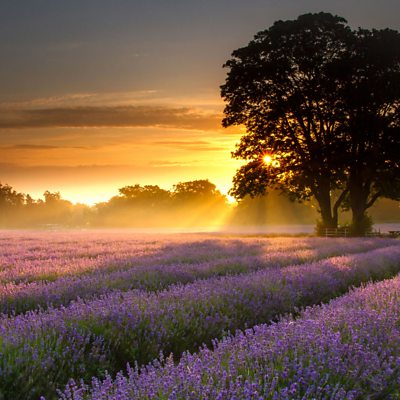Episode details

Available for over a year
This weekend marks the end of Ramadhan – the long fasts and intense evening prayers will come to an end for most as worship assumes a more regular pattern. As people greet one another in mosques, families come together, food and gifts are exchanged, it will be a time of joy but also reflection. It has been a difficult Ramadhan in many ways with the killings in Manchester and London, the Grenfell tower fire and now the most recent attack outside Finsbury Park mosque. Lives lost or injured tragically in acts of rage and revenge. Today, the media narrative around extremism fuels a sense of desperation. The internet has accelerated the spread of ideas as we now live in a world without walls. Rolling 24 hour news feeds our appetite for the strange and the shocking, the powerful and the pitiful. Ordinary life has seemingly been edged out. Yet it’s heartening to see people come together in vigils and marches, a solidarity effectively captured in the laying of flowers and the lighting of candles, as the drama of terror unfolds. But terrorism relies on this drama of the extraordinary, it creates this false dichotomy between good and evil, it forces us to take sides, to blame, to victimise because it cuts through ordinary life and in doing so threatens our most fundamental human quality – empathy. Empathy is what binds us to one another on a daily basis, manifest in a smile, a handshake, a word of consolation, an embrace, and sometimes a simple silence. It is rooted in everyday living, in everyday encounters, in ordinary acts of giving and taking, in simple kindnesses that make us all feel we belong; its power is largely unspoken but it is empathy which lies at the heart of what it is to be human. Of course empathy is contested, often accused of being selective, criticised for being obsessed with the narrative of suffering, for using up our energies, and yet while it may not heal all divisions, what hope is there without the moral force of human empathy? I sometimes feel our political and social discourse has lost the power of imagination – it’s seen as a distraction rather than the very thing which allows us to think of different worlds, different justices, different kinds of human solidarities. This last week of Ramadhan is powerful, the culmination of prayers and soul searching. As Eid approaches and mosques fill up for the morning prayers, in the midst of all the celebrations, I hope we can move away from grand narratives about our society and our politics and focus more on the everyday, on ordinary but transformative acts that bring small joys and help us to simply be with one another.
Programme Website